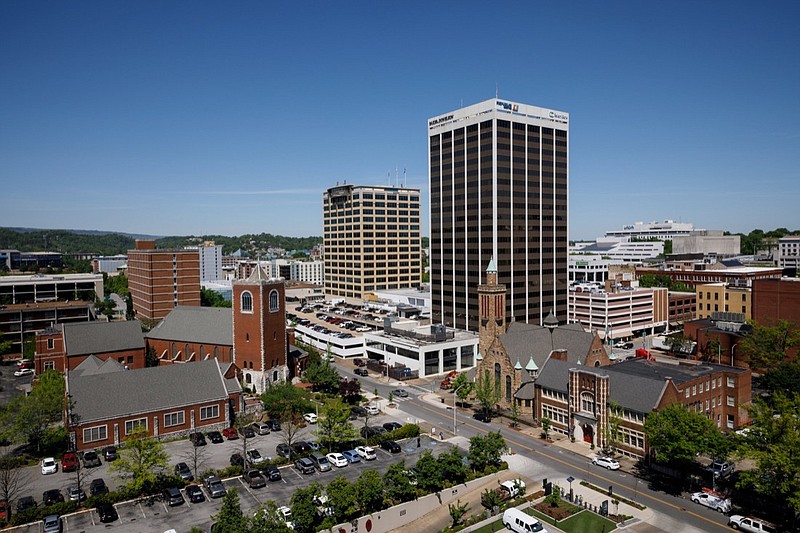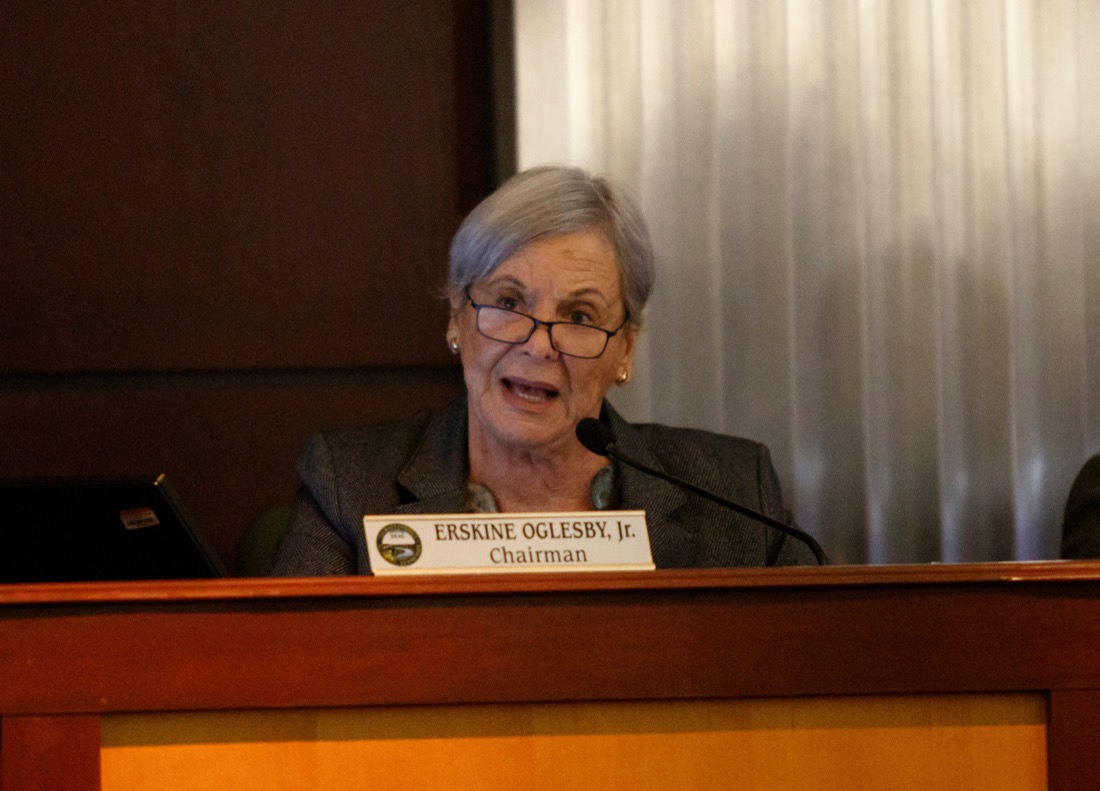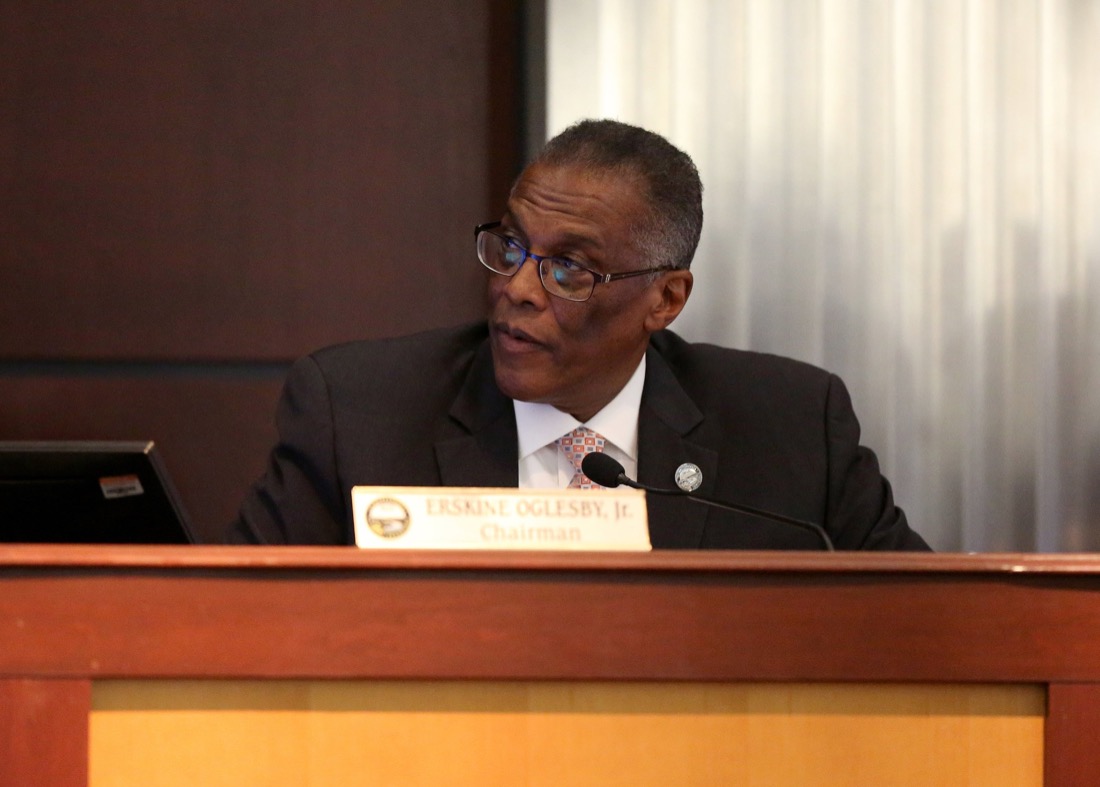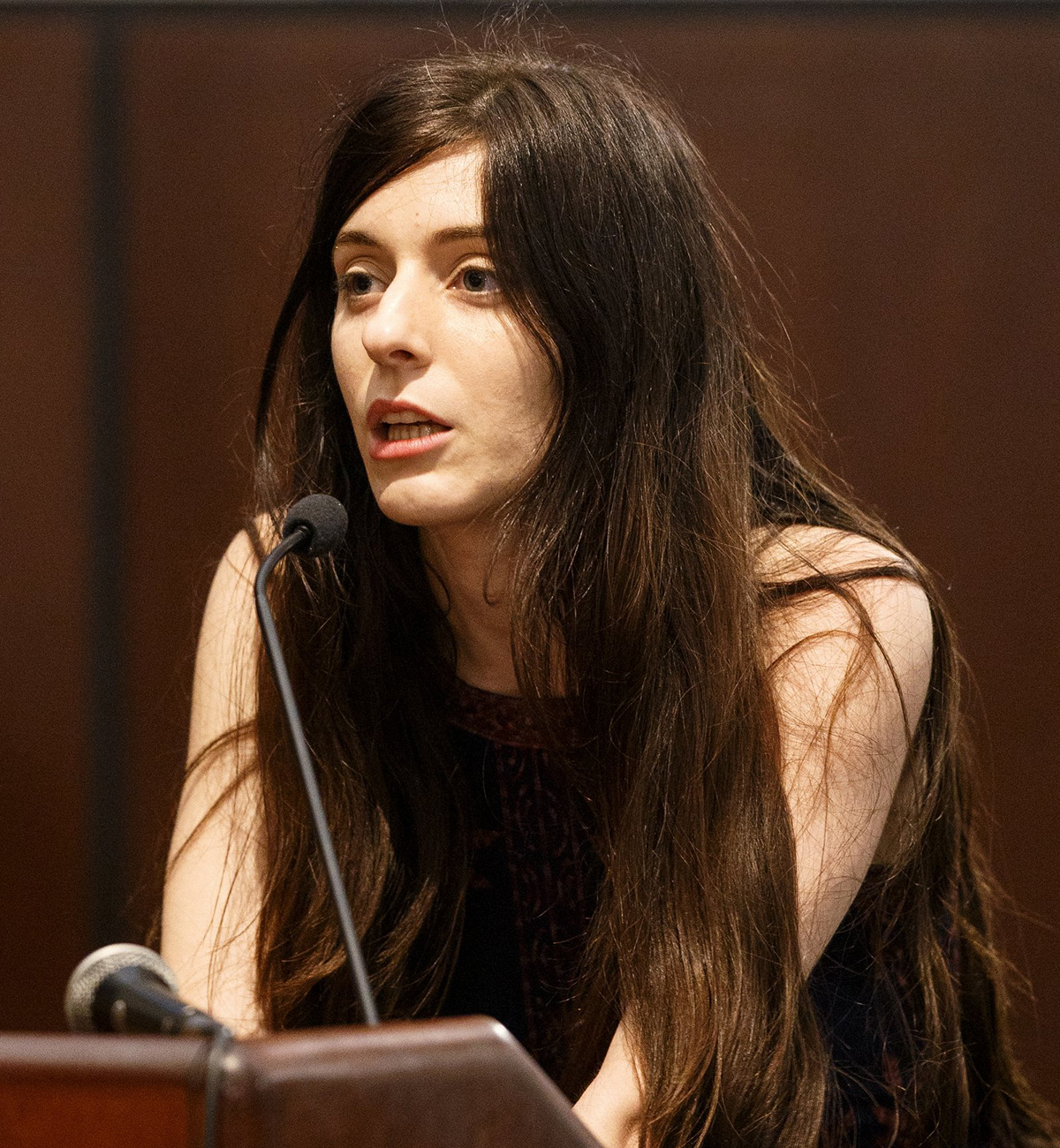A controversial Business Improvement District (BID) in downtown Chattanooga is one step closer to reality after passing its first reading Tuesday.
The ordinance, a second attempt to form the proposed special district of property owners after the first ordinance failed in June, was approved 5-2 by the city council, with one abstention and one absence, pushing it through to the public hearing and final vote next week.
While the reintroduced business improvement district will still have the same powers as originally proposed, including the debated ability to levy a property assessment fee, the council-proposed legislation is far more detailed than the survey-based ordinance that failed despite having the support of 60.51% of total property owners representing 81.96% of the assessed value of the district.
What is the BID?
Commercial and nonprofit landowners in the district will pay an annual assessment of 9 cents per square foot, of either the lot or building size, whichever is greater, plus $4.95 per linear foot of lot frontage. Residential property owners with townhouses or condominiums would pay a flat annual fee of $150 per unit.
With several amendments proposed during the last business improvement district vote and additional language added in planning meetings leading up to the new vote, the council approved an alternate version of the ordinance that requires that the district's governing board have an annual financial and behavioral audit and comply by state open meetings law. It also includes language that removes liability from the city council and exempts governmental properties from the assessment, but includes all non-profits and other previously excluded properties unless they appeal to the business improvement district board to be exempt.
Under the new legislation, appeals to district board decisions will no longer go through the city council, per the recommendation of District 6 Councilwoman Carol Berz.
"I just want to make sure we're at legal muster with this," Berz said during Tuesday's strategic planning meeting, adding that the council should not have power over the business improvement district board's appeals - like it would a council-appointed board - and review the audit simultaneously. "I just think we need to keep it at a distance."
In addition to the legislation, the council has changed the process for the business improvement district hearing since the first iteration failed.
After the state-mandated hearing spurred controversy and confusion at the June hearing, and during discussion about the district at several meetings since, the council reworked the parameters of the hearing, most notably expanding it to include not just property owners, but business owners within the district.
After significant deliberation at Tuesday afternoon's strategic planning meeting, chairman and District 7 Councilman Erskine Oglesby announced the following rules for the July 30 public hearing:
» Business owners and property owners will be allowed to speak.
» The council will allow a total of 30 minutes for opposition of the district and a total of 30 minutes for supporters of the district.
» Individual speakers must keep their comments under three minutes.
» Speakers are required to sign up on sheets provided outside of City Council chambers before the start of the 6 p.m. hearing/meeting.
The rules apply only to this hearing and do not replace or supersede any rules for regular public comments on non-agenda items, which are allowed at the end of every council meeting.
While public comment on the district was not allowed this week due to the council's non-agenda rule, about a dozen community members, at least five of whom had spoken about the business improvement district at previous meetings, held signs reading "Stop the BID Tax. Remember the #ChattanoogaWay #NoBID #JustSayNo" and wore yellow bandanas.
According to Elea Wright, a representative of Elea Blake Cosmetics, a business within the possible district, the yellow bandanas were intended to be tied around their mouths in case the group was "silenced again" by council rules during the meeting.
"I guess it's good that they're letting business owners speak this time, but it's not enough," said Wright, who has spoken against the district. "I think council policy is still somewhat designed to discourage people from participating by not allowing them to speak on agenda items ... when are we supposed to speak about these things if we don't hear about them before the meetings where we can't speak?"
The hearing will take place at the beginning of the 6 p.m. voting meeting on July 30, and the final vote on the district will be after the hearing, per state law. If the ordinance passes, it will be effective at the end of that meeting, contrary to the council's usual 14-day waiting period, in accordance with state law.
Contact Sarah Grace Taylor at 423-757-6416 or at staylor@timesfreepress.com. Follow her on Twitter at @_sarahgtaylor.



